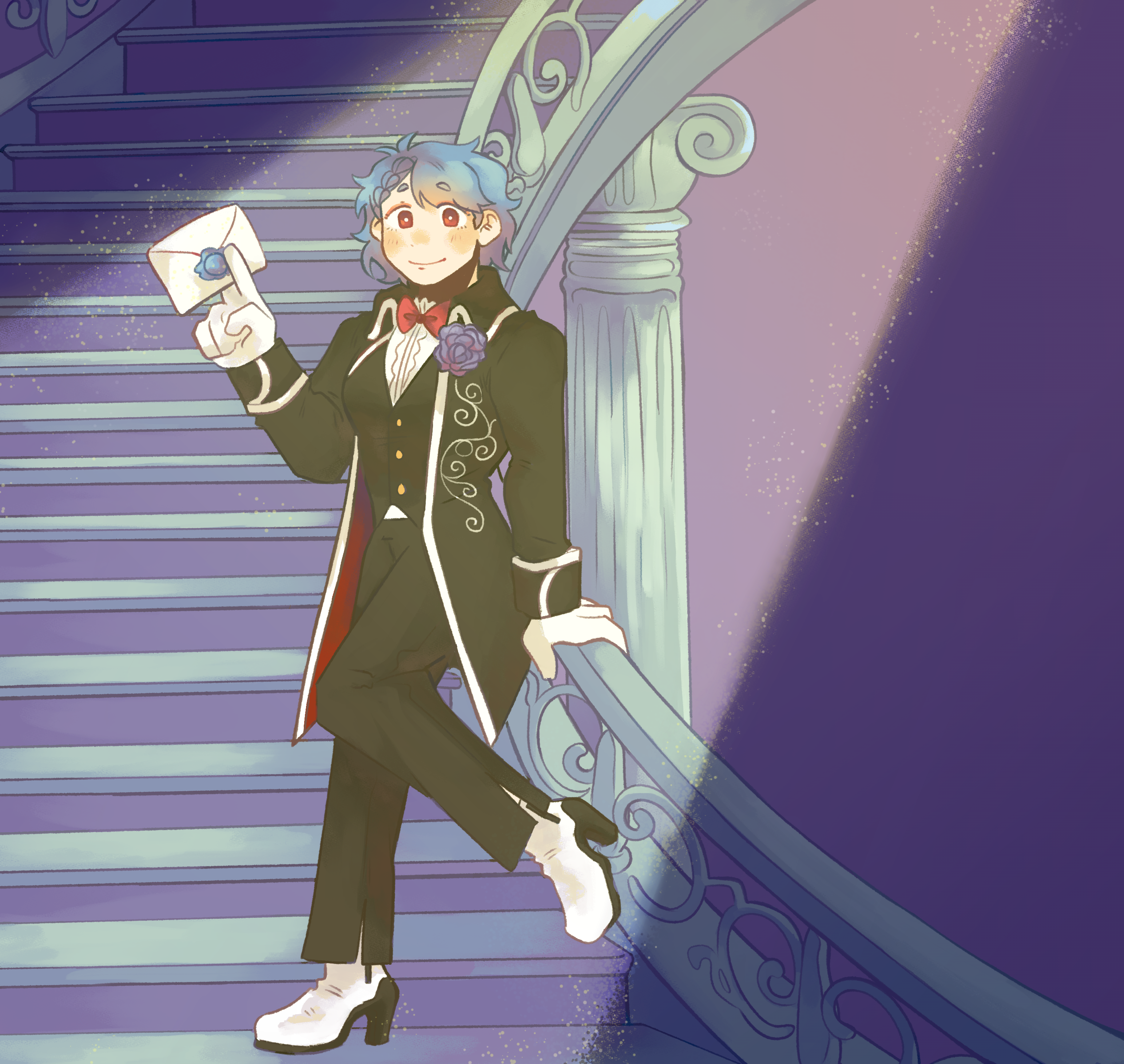Six and Jen journey into the steampunk lands of Arcanum, sharing their thoughts as they go. In this first chapter, they create their characters, play through the intro, and deal with bandits on the edge of Shrouded Hills!
Jen:
Well, I started out with a pre-made character, but quickly abandoned that after Six vehemently encouraged me to try creating my own from scratch instead. I understood why he felt so strongly about the “blank-slate” method as soon as I began scrolling through the myriad ways to personalize my backstory. These went far beyond the three-pronged biography tree in Mass Effect; Arcanum has the obvious stereotypes like Bookworm or Blockhead, but I wasn’t expecting to see “Only Child,” “Ran Away from the Circus” or “Raised by Wolves!” The backstories even felt like logical explanations for shifts in stat points, whether the public reacts poorly to the selfish acts of a hero’s offspring or shrink away when some escaped inmate rumbles into town.
Unfortunately, the beautiful simplicity of choosing your backstory turns into a horrid nightmare as soon as you’re given points to improve your hero. There are menus upon menus upon menus all stacked together, and with so few points to spend, “intimidating” doesn’t even begin to describe it. Playing RPGs with overwhelming creation systems feels like driving your friend’s off-kilter car; there are too many knobs and buttons, and at some point you just KNOW you’ll end up crashing and upsetting everyone else.
Six:
I’ve played Arcanum before, and I have enough experience to filter the wheat from the chaff- I know that I’m not going to have much use from Alchemy or Necromancy in the early game, for instance. Even knowing what to do, though, I am struck by how miserable the UI is. It’s one of those things you forget, but modern games are actually really good at UI design. The massive, multi-button, game-obscuring frame that Arcanum uses is ugly and unintuitive, and is overflowing with systems that are overly complex and underutilized. I don’t want my games dumbed down, and I appreciate it when they respect my intelligence, but that doesn’t make clunky design a virtue.
Still, once you’re in game, you’re immediately confronted by Virgil, the game’s first companion and a really fantastic character. He’s charming, he’s interesting, and he’s juuuust a little awkward. Plus, he has voicework in a game where there’s very little of that. If this game included the ability to romance party members, I’d be workin’ on Virgil already, but alas, he’s only a friend and confidant. More’s the pity.
Jen:
Shortly after meeting Virgil, the two of us ran into our first encounter with another intelligent humanoid; he ran up, and seemed more concerned with us than the crash we had just walked away from. This is where Arcanum really shines: instead of gaming some trust meter or choosing between red or blue text, you must read the conversation itself and pay attention if you want to stay out of trouble. Sure, the dialogue choices themselves play the same role of cause-and-effect found in Fallout 3 or Alpha Protocol, but detaching the stats and descriptors from each response goes a long way towards making conversations feel like, well, conversations rather than win/fail states.
That didn’t stop me from attempting the same few conversations several times, mind. It’s an impulse by now; if a tough debate isn’t going the way I want it, I’ll abuse the game’s generous save system to have another go, even if it involves slamming my head into a brick wall until it crumbles. Thankfully, Arcanum’s chats avoid moon logic and are easily solved if you simply pay attention to the words being said.

Six:
The writing continues to be a high point throughout the game- certainly it has some of the best writing of any RPG I’ve ever played. This proves vitally important, as it quickly becomes clear that the combat… there’s no nice way to say this. It’s rubbish, honestly. There are a few cool things you can do, but it’s not fun, it’s not especially tactical, it’s not very rewarding, it’s just something that gets between you and the end of the quest you’re on. Exploring towns, meeting strange people, having fascinating conversations, this is what Arcanum is about. Oh! And side quests. There are a LOT of sidequests, and none of them are filler.
If you decide to play it yourself, I would recommend designing your character, be it tech, magic, or an alternate focus, to make combat a nonissue as soon as possible, and then move on to the story and characters. It’s the real reason you’re here.
Jen:
Indeed, I tend to avoid all fights if possible, but the other ways I interact with the world and its inhabitants has made the pain worth it thus far. Of course, that could change at the drop of a hat; my patience is remarkably thin when it comes to dull combat. But right now, this steampunk oddity has made me eager to cross that bridge, meet new people, and allow my big mouth to put me in all sorts of trouble. We’re off to a strong start!
Images from GOG.com.


